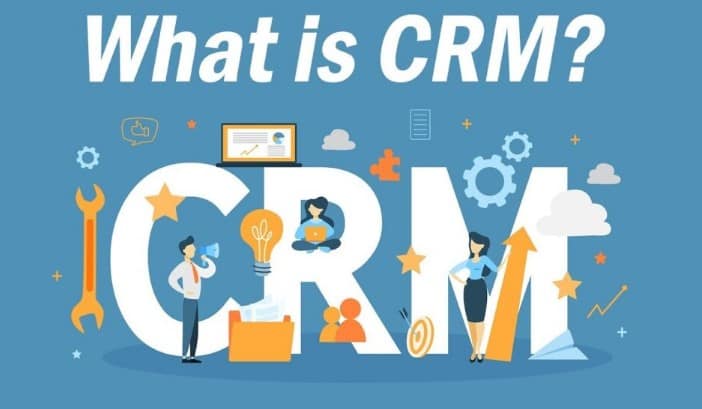The Future of CRM: What You Need to Know
The Future of CRM: What You Need to Know – Customer relationship management (CRM) has been a crucial aspect of business operations for decades. As technology continues to evolve at a rapid pace, it’s no surprise that the CRM landscape is also changing. In this article, we will explore the future of CRM and what you need to know to stay ahead of the curve.
Introduction
In today’s highly competitive business world, providing excellent customer service has become a key differentiator. This is where CRM comes into play. CRM is a strategy that focuses on building and maintaining strong relationships with customers. It involves using technology to manage customer interactions, analyze data, and improve the customer experience.
The Current State of CRM
Before we dive into the future of CRM, let’s take a quick look at the current state of CRM.
- Traditional CRM
Traditional CRM systems have been around for a long time. These systems typically involve storing customer data in a centralized database and using it to manage customer interactions. While traditional CRM systems are still widely used, they are becoming less effective in today’s fast-paced business environment.
- Cloud-Based CRM
Cloud-based CRM systems are becoming increasingly popular. These systems allow businesses to store customer data in the cloud, making it accessible from anywhere. Cloud-based CRM systems also offer more flexibility and scalability than traditional systems.
- Artificial Intelligence (AI) in CRM
AI is starting to play a big role in CRM. AI-powered chatbots can handle basic customer inquiries, freeing up human agents to handle more complex issues. AI can also be used to analyze customer data and provide insights that can help businesses make better decisions.
The Future of CRM
So, what does the future of CRM look like? Here are some trends to watch out for:
- More Personalization
Customers expect personalized experiences. In the future, CRM systems will need to become even more personalized. This means using data to understand each customer’s unique preferences and tailoring the customer experience accordingly.
- Omnichannel Communication
In today’s world, customers communicate with businesses through a variety of channels, including social media, email, and chat. In the future, CRM systems will need to be able to handle communication across all these channels seamlessly.
- Predictive Analytics
Predictive analytics is already being used in CRM, but it will become even more important in the future. By analyzing customer data, businesses will be able to predict future behavior and anticipate customer needs.
Integration with IoT Devices
The Internet of Things (IoT) is changing the way we interact with technology. In the future, CRM systems will need to be able to integrate with IoT devices to provide a seamless customer experience. For example, a CRM system could use data from a customer’s smartwatch to personalize their experience.
Greater Focus on Customer Experience
In the future, businesses will need to focus even more on providing an excellent customer experience. This means using CRM systems to provide personalized experiences, respond to customer inquiries quickly, and resolve issues efficiently.
Conclusion
The future of CRM is exciting. As technology continues to evolve, so too will the CRM landscape. Businesses that stay ahead of the curve and embrace new technologies will be well-positioned to provide excellent customer experiences and stay competitive.
FAQs
- What is CRM?
CRM stands for customer relationship management. It is a strategy that focuses on building and maintaining strong relationships with customers.
- What is the current state of CRM?
Traditional CRM systems are still widely used, but cloud-based CRM systems and AI-powered systems are becoming more popular.
- How will CRM become more personalized in the future?
CRM systems will need to use data to understand each customer’s unique preferences and tailor the customer experience accordingly.
- How will predictive analytics be used in CRM in the future?
Predictive analytics will be used to analyze customer data and provide insights that can help businesses predict future behavior and anticipate customer needs.
- What is the importance of focusing on customer experience in CRM?
Focusing on customer experience is important because it helps businesses provide personalized experiences, respond to customer inquiries quickly, and resolve issues efficiently, which ultimately leads to customer loyalty and business success.
